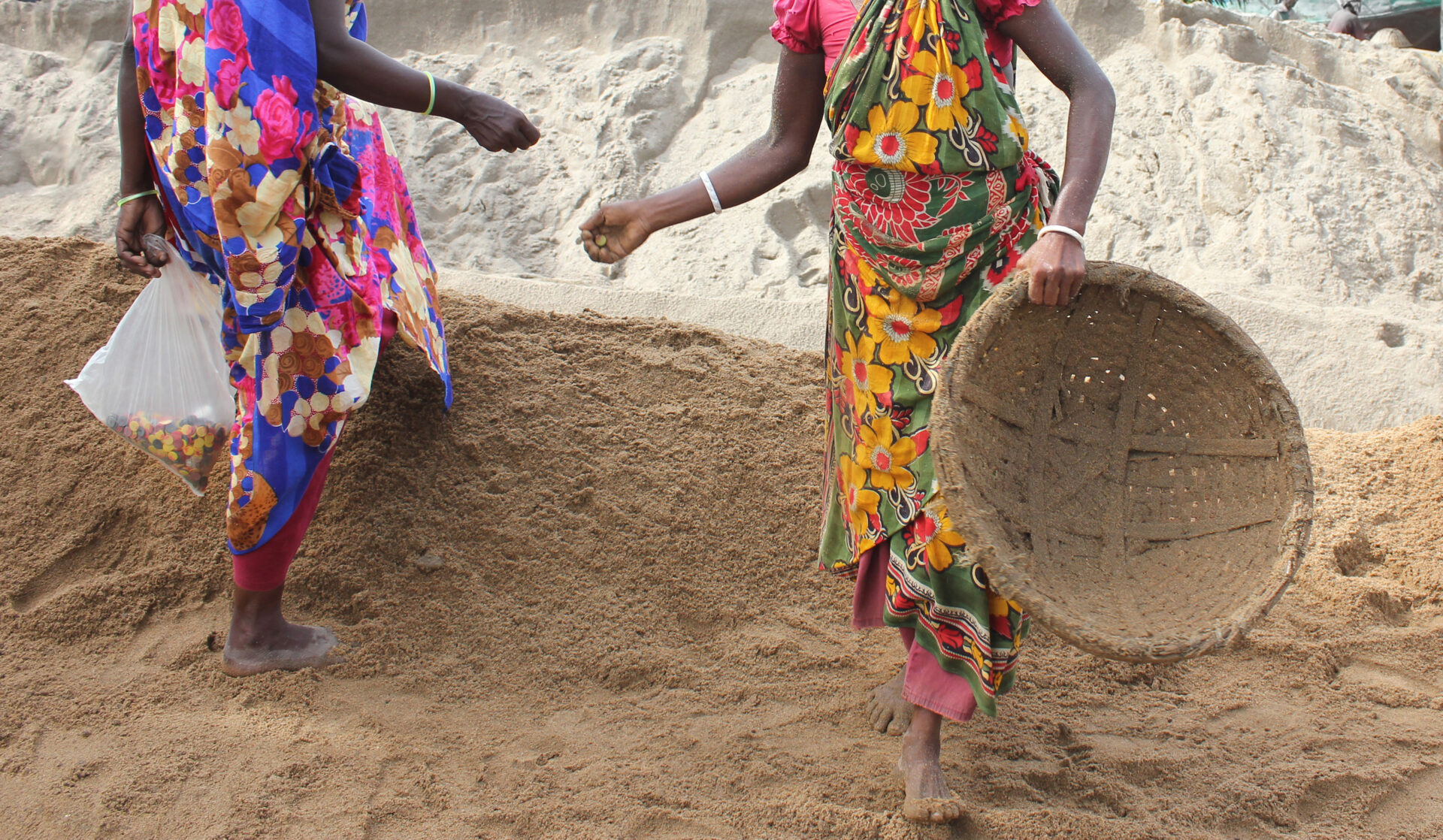
Photo By: Dipayan Bhar is licensed under the CC BY-NC 4.0 license.
What Works for GBV Program Adaptation
It has been one year since the outbreak of the COVID-19 pandemic, and its impact on women and girls has been especially harmful.
The pandemic has increased the risk of exposure to gender-based violence (GBV) and challenged service provision and program implementation. Meanwhile, GBV programming remains even more essential and life-saving.
In recognition of these factors, the InterAction GBV Working Group held a webinar to explore the ways in which humanitarian organizations have responded to the challenges of GBV program implementation within the context of the COVID-19 pandemic.
Webinar Panelists
- Happy Ainomugisha, Program Manager at Action for Development in Uganda
- Bryar Mohammed, Director of Programs at Women Empowerment Organization in Iraq
- Micah Williams, Global Senior Gender-Based Violence Adviser at International Medical Corps
- Facilitated by Devon Cone, Senior Advocate for Women and Girls at Refugees International
The panelists outlined clear and widespread ways the pandemic has impacted GBV programming and its devastating effects on women and girls. Their comments are summarized below.
- Girls are suffering disproportionately compared to boys during the COVID-19 pandemic, as they have been pulled out of school at much higher rates and are less likely than boys to ever return to the classroom. Girls are also susceptible to sexual violence, forced marriage, domestic violence, and teenage pregnancy. Current and future interventions must focus on this high-risk population.
- COVID-19 related lockdowns and movement restrictions have necessitated more localized responses to GBV, as regular providers cannot access restricted areas to reach survivors. Local organizations have had to create community-level networks, with partners in each neighborhood who can still access survivors when large groups and movements are restricted.
- The pandemic brought organizations from all around the world into closer contact through technology to share information and resources. This has connected more remote service providers to a larger community of practice to share ideas and support. The humanitarian community must build on progress made toward improved uptake of innovative technologies and this increased connectivity.
- Due to the combination of increased GBV risk experienced by women and girls, the risk of COVID-19 exposure to GBV responders, and movement restrictions for all, the COVID-19 pandemic required humanitarians to adapt GBV prevention and response programs. GBV experts adapted their response to ensure staff and clients’ safety while maintaining programming as effectively as possible. At the same time, organizations faced changes in budgets, lack of personal protective equipment (PPE), and many other limiting factors. Many lessons—applicable to GBV prevention, response, and risk mitigation during the current pandemic, as well as for future crises—must be remembered and absorbed in future ways of working.
Watch a recording of the webinar below:
Please read the full document for targeted recommendations.








